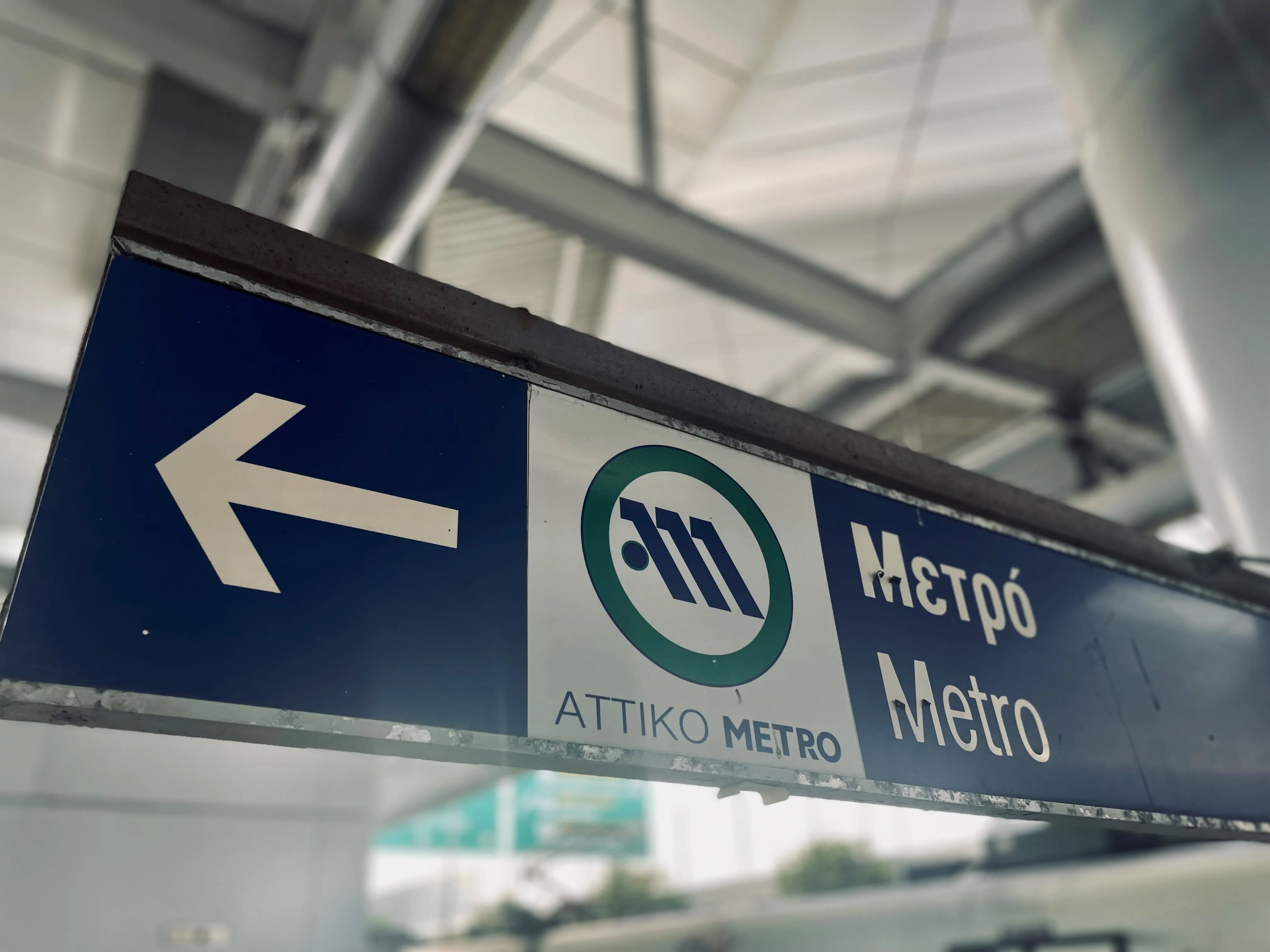The Manaus metro in the city of Amazonas in the heart of the Amazon is to be equipped with Thales’ automated driverless monorail solution, following the award to the company of its second signalling Communications-Based Train Control (CBTC) project in Brazil in less than a year for the The signalling contract was awarded to Thales by the Monotrilho Manaus Consortium, comprising CR Almeida, Mendes Junior, and Serveng-Civilsan e Scomi. The 20 km monorail will be a fully automated driverless system using Thale
November 13, 2012
Read time: 2 mins
The Manaus metro in the city of Amazonas in the heart of the Amazon is to be equipped with 596 Thales’ automated driverless monorail solution, following the award to the company of its second signalling Communications-Based Train Control (CBTC) project in Brazil in less than a year.
The signalling contract was awarded to Thales by the Monotrilho Manaus Consortium, comprising4430 CR Almeida, 6871 Mendes Junior, and Serveng-Civilsan e Scomi.
The 20 km monorail will be a fully automated driverless system using Thales’ SelTrac CBTC. Implementation will be carried out in two phases with partial completion planned for the FIFA World Cup in 2014.
“After Sao Paulo line 17, this is Thales’ second CBTC project in Brazil and we are delighted to experience this success in such a short time,” said Julien Rousselet, Thales Brazil country director. “Brazil is determined to use the best technology in the world to improve the mobility of its citizens and we are pleased that our SelTrac CBTC driverless system has again been selected.”
The SelTrac CBTC system will be supplied by Thales’ Toronto-based subsidiary, which developed the technology 25 years ago, along with Thales’ Brazilian subsidiary Omnisys.
Thales say their CBTC technology has evolved over time, enabling operators to benefit from low operating and maintenance costs, optimal life cycle costs and proven driverless technology while passengers get smoother travel. To date, Thales has applied CBTC signalling to 54 projects in 31 cities worldwide, moving three billion passengers per year.
The signalling contract was awarded to Thales by the Monotrilho Manaus Consortium, comprising
The 20 km monorail will be a fully automated driverless system using Thales’ SelTrac CBTC. Implementation will be carried out in two phases with partial completion planned for the FIFA World Cup in 2014.
“After Sao Paulo line 17, this is Thales’ second CBTC project in Brazil and we are delighted to experience this success in such a short time,” said Julien Rousselet, Thales Brazil country director. “Brazil is determined to use the best technology in the world to improve the mobility of its citizens and we are pleased that our SelTrac CBTC driverless system has again been selected.”
The SelTrac CBTC system will be supplied by Thales’ Toronto-based subsidiary, which developed the technology 25 years ago, along with Thales’ Brazilian subsidiary Omnisys.
Thales say their CBTC technology has evolved over time, enabling operators to benefit from low operating and maintenance costs, optimal life cycle costs and proven driverless technology while passengers get smoother travel. To date, Thales has applied CBTC signalling to 54 projects in 31 cities worldwide, moving three billion passengers per year.









